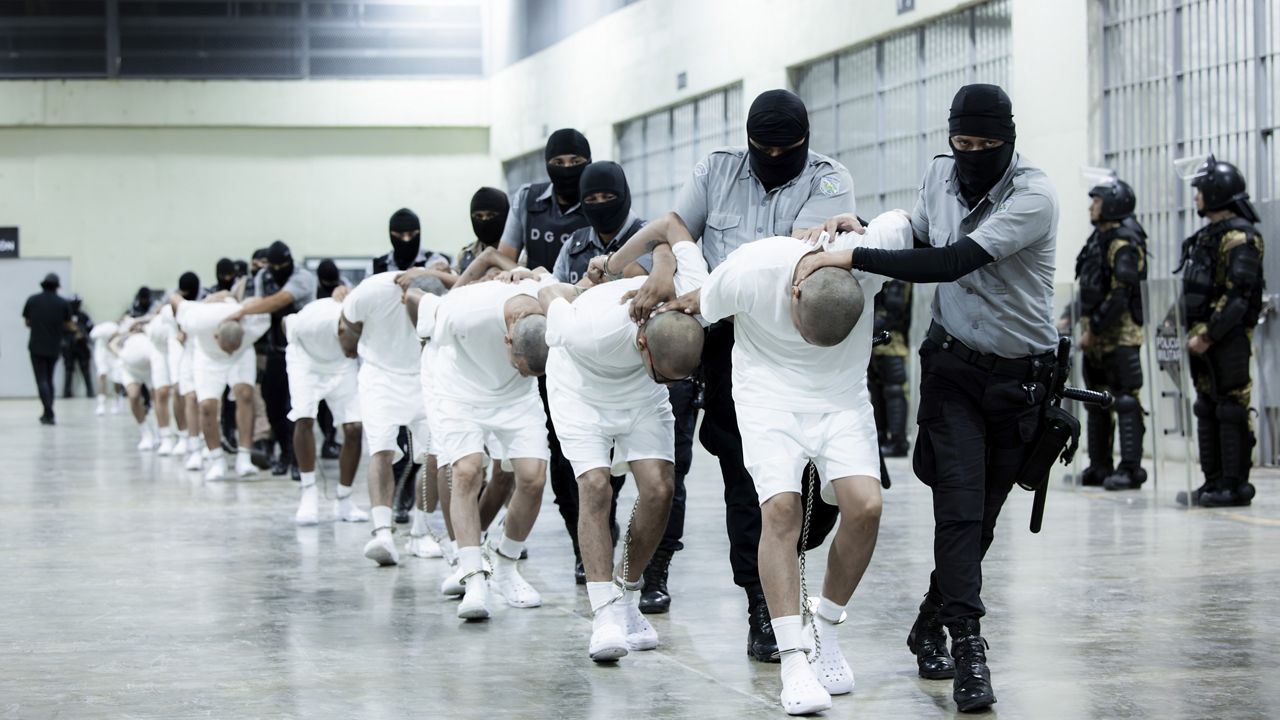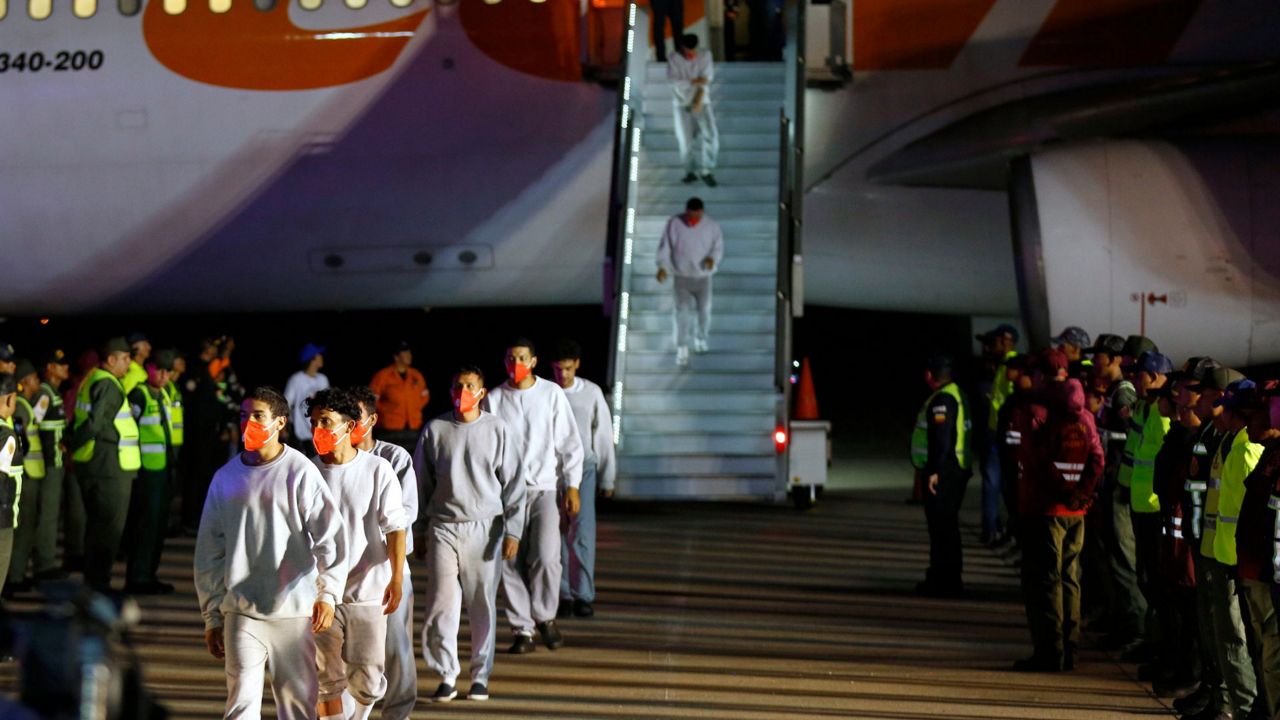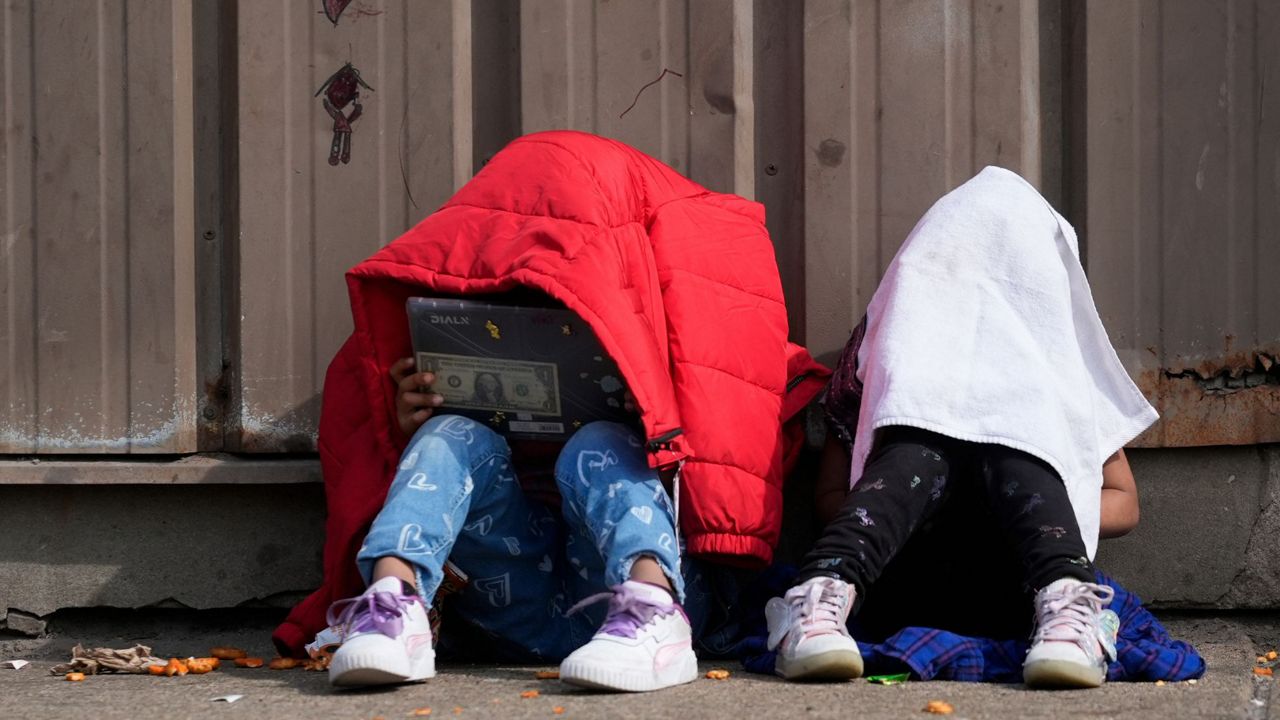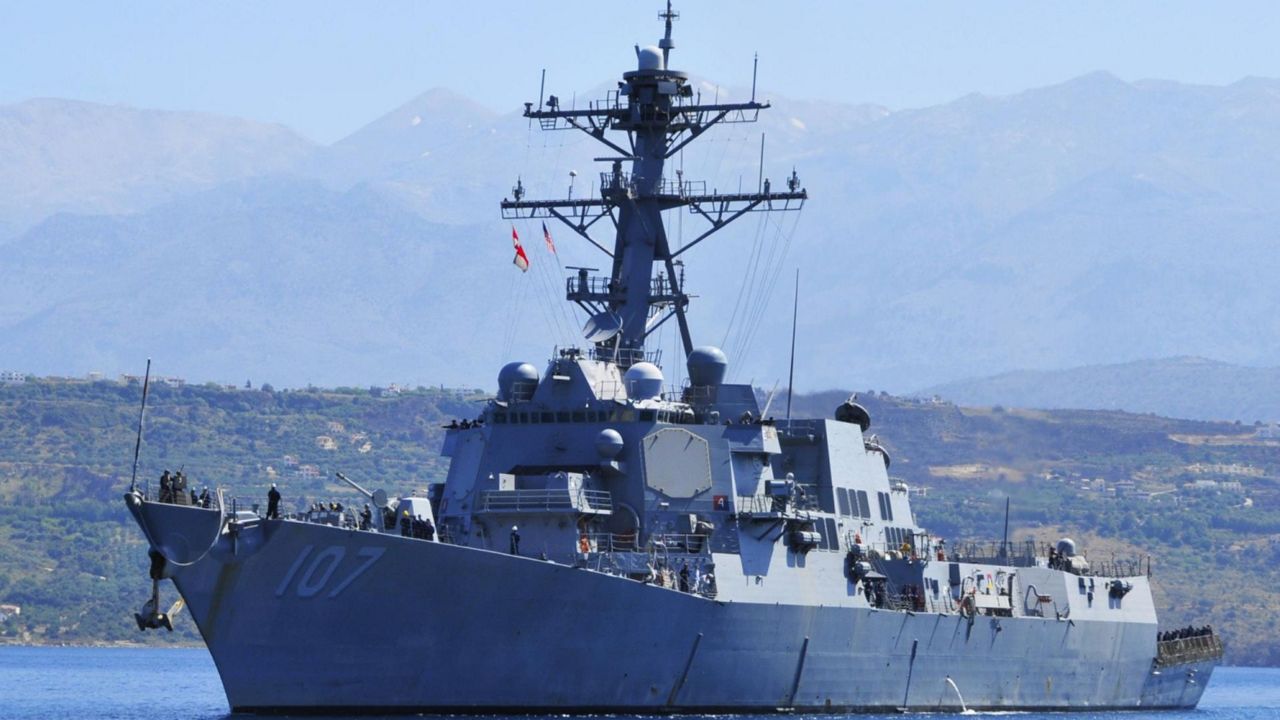REYNOSA, Mexico — Rosalva López Muñiz is the city attorney at the helm of the integral development of the family organization (DIF) in Reynosa, Mexico. It’s a government organization in charge of protecting children and ensuring family’s wellbeing.
Lopez Muñiz says that since March, she has thousands more children to worry about. Many are unaccommpanied minors.
“Are we receiving them? Yes," she said. "We get the notification directly from the national immigration institute, and everyday new migrants arrive."
She says that at the two centers the DIF Reynosa has, there are about 1,500 unaccompanied minors at any given moment. Some of them are minors in the process of reunification.
However, the problem is harder for children coming with their families. Lopez Muñiz said they suffer privations and are exposed to dangers when their parents decide to cross the border.
“It’s a crisis, but a crisis of an absence of information, of knowledge, ok. Why? Because they don’t know all they’re gonna go through, everything that can happen to them on the way, all they're going to expose themselves and expose their children to,” she said.
Lopez Muñiz says the DIF and other authorities have gone to the Plaza de la República square where migrants sleep in tents to conduct interviews and offer them the resources to stay in Mexico on a humanitarian visa, as well as give them information about social programs and benefits for their children.
“They have rejected our help on many, many occasions. And what they tell us is all they want is to get inside the United States,” she added.
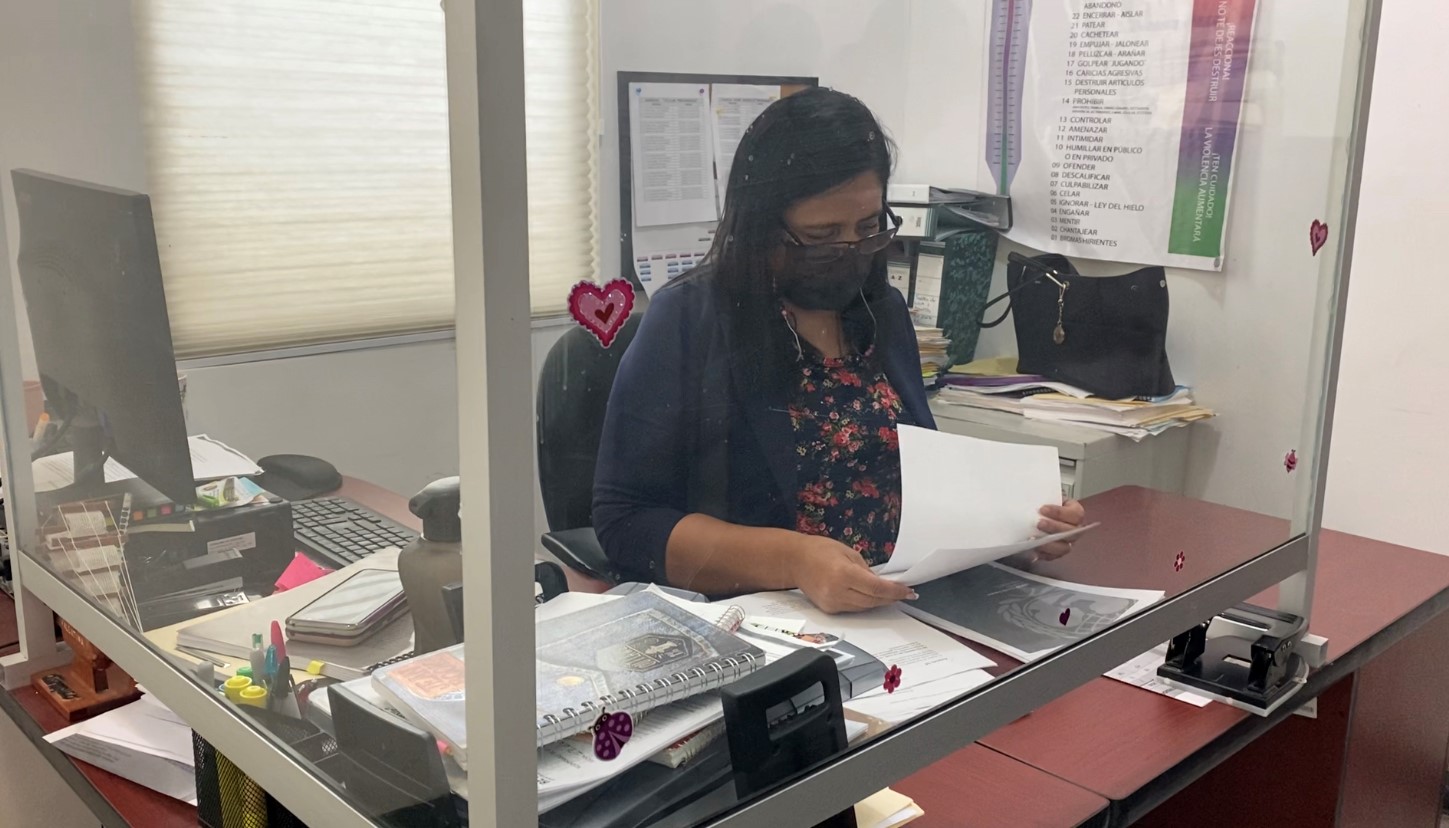
The only help they accept is material, says Edrey Rodrigues, a Reynosa resident who volunteers with a local religious charitable organization bringing migrants food and clothing.
“In my case, I love them and I help them, but I am more worried about their safety," he said. "They are just waiting and they just have no plan to do ... They don’t have plan B, and their intentions are to remain here until they get a chance to go across."
Lopez Muñiz says the efforts of both authorities and volunteers to convince them to stop trying to cross into the United States are fruitless.
“I have always asked them that before they even try to make that trip to be informed because things are not the way they think they are, or how they’re being told they are, or how they think or believe,” she said.
“They don’t really understand the risks and where they’re at. Their focus is to go to the states and they just...it’s hard to change their minds,” Rodrigues said.
Lopez Muñiz says things are getting harder for migrants who don’t take the humanitarian visa.
This month Mexican immigration began the repatriation of migrants in Reynosa and other border cities. Now migrants are not allowed to leave the square or the shelters where they are staying.
The Mexican national guard always has units posted on the street and near the international bridges as part of the binational operation sentinel.








